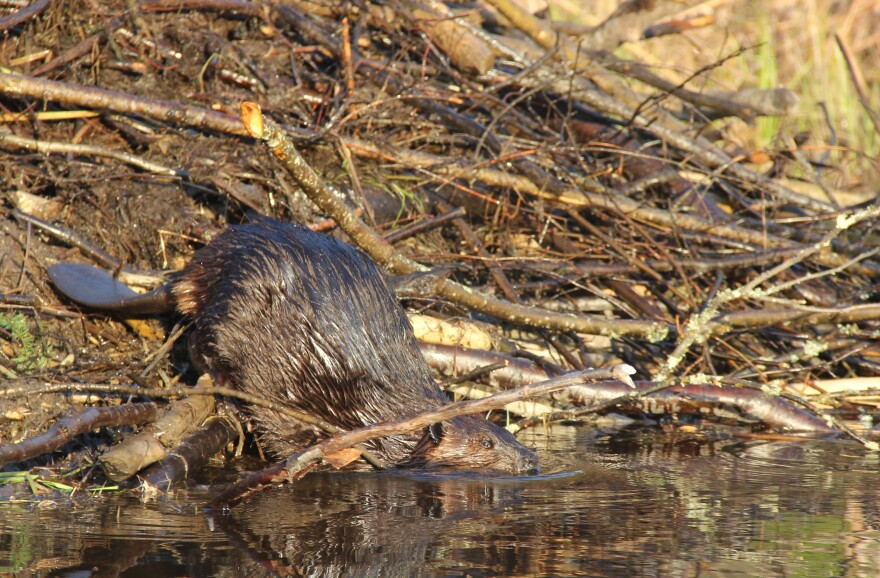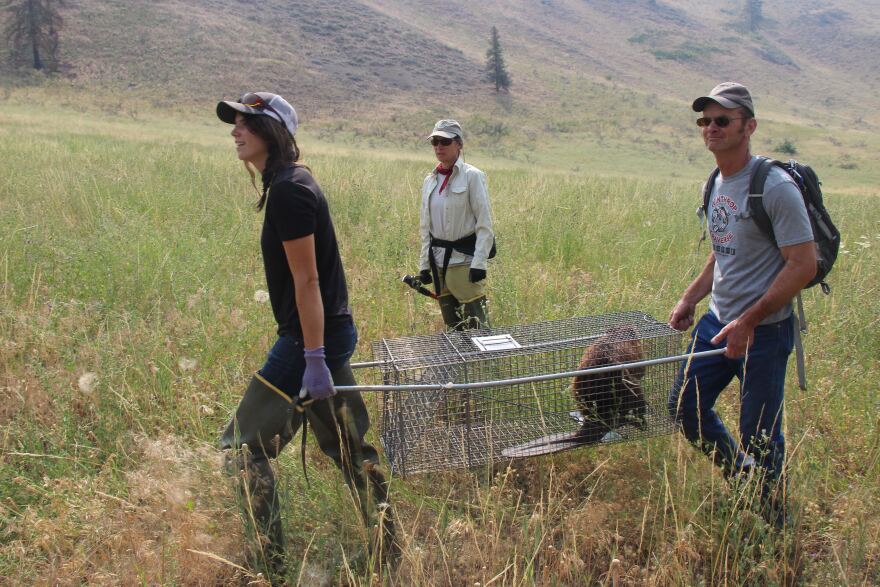From creating wetland habitat and engineering firebreaks to sequestering carbon and replenishing groundwater, beavers are an integral part of our local ecosystem.
These large aquatic rodents could even help us solve the human-caused climate crisis, but just a fraction of their number remains after European trappers decimated populations across North America.

“There’s no question that the loss of beavers, especially in the 19th century in Colorado, was this ecological disaster on par with overgrazing or mining or logging or any other environmental issue that you care to name,” said Ben Goldfarb, an award-winning writer and author of “Eager: The Surprising, Secret Life of Beavers and Why They Matter.”
Goldfarb, who lives in Buena Vista and is giving a talk about the importance of beavers at Carbondale’s Third Street Center at 6 p.m. Thursday, and ecohydrologist Sarah Marshall have been researching ways to restore more beavers — and manage existing populations — in places such as the Roaring Fork Valley.

Marshall, who has been working with the Colorado Natural Heritage Program at Colorado State University on a wetland study in the Roaring Fork River watershed since 2019, is part of a team launching a new beaver-mapping project across the state.
“Colorado has actually never had a beaver-population estimate, and it will be really interesting to track that over time,” Marshall said. “It’s so fundamental to understanding our water resources, our available habitats and our resilience to climate change.”

Aspen Public Radio recently talked with these two self-proclaimed “beaver believers” ahead of Goldfarb’s upcoming book talk in Carbondale.
Listen to the conversation above.



